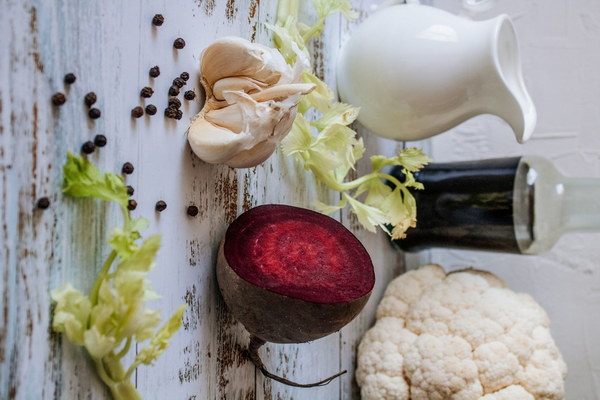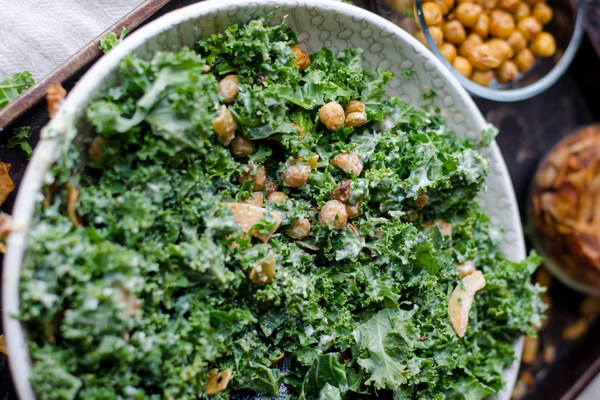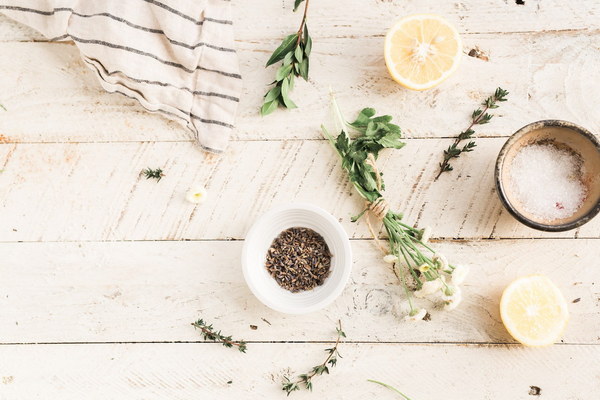Revitalize Your Body The Art of Warming, Blood-Nourishing, and Qi-Boosting Remedies
In the realm of traditional Chinese medicine, the concepts of warming, blood-nourishing, and qi-boosting are fundamental to achieving holistic health and well-being. These practices aim to balance and enhance the body's internal environment, addressing common issues such as dampness, blood deficiency, and qi stagnation. Let's delve into the essence of these principles and explore some natural remedies to help you revitalize your body.
Understanding Warming, Blood-Nourishing, and Qi-Boosting
1. Warming: In traditional Chinese medicine, dampness is often considered a primary cause of discomfort and illness. Warming remedies help to expel dampness from the body, promoting warmth and vitality. They are particularly effective for those who suffer from cold hands and feet, fatigue, or weight gain due to dampness.

2. Blood-Nourishing: Blood deficiency is another common issue, often leading to symptoms such as weakness, paleness, dizziness, and insomnia. Blood-nourishing remedies aim to replenish the body's blood supply, supporting energy levels and overall health.
3. Qi-Boosting: Qi, or vital energy, is the essence of life according to traditional Chinese philosophy. Qi-boosting remedies enhance the body's energy flow, addressing fatigue, low immunity, and overall weakness.
Natural Remedies for Warming, Blood-Nourishing, and Qi-Boosting
1. Herbal Remedies:
- Dong Quai (Angelica sinensis): Known for its blood-nourishing properties, Dong Quai is often used to treat menstrual irregularities and menopausal symptoms.
- Cinnamon (Cinnamomum cassia): A warming spice that improves circulation and helps expel dampness.
- Astragalus (Astragalus membranaceus): This herb is renowned for its qi-boosting effects and is often used to strengthen the immune system.
2. Dietary Adjustments:
- Incorporate warming and blood-nourishing foods into your diet, such as dates, goji berries, and red meat.
- Avoid cold and raw foods, which can exacerbate dampness and cool the body.
3. Acupuncture and Massage:
- Acupuncture can help balance the body's energy flow, addressing issues like dampness, blood deficiency, and qi stagnation.
- Massage therapy, especially with warming oils or herbal compresses, can promote blood circulation and relieve muscle tension.
4. Exercise:
- Regular physical activity is essential for maintaining a healthy qi flow. Activities such as tai chi, qigong, and gentle yoga can help boost your energy levels and expel dampness.
5. Meditation and Mindfulness:
- Practices like meditation and mindfulness can help calm the mind, reduce stress, and improve overall well-being. Stress can lead to qi stagnation, so managing stress levels is crucial for a healthy qi flow.
Conclusion
By incorporating these natural remedies into your daily routine, you can work towards a balanced and revitalized body. Remember that the key to success is consistency and a holistic approach. It is always advisable to consult with a healthcare professional, especially if you have underlying health conditions or are taking medication, before starting any new treatment or therapy.
Embracing the principles of warming, blood-nourishing, and qi-boosting is not just about treating specific symptoms; it's about fostering a deep sense of harmony within your body. With dedication and patience, you can embark on a journey towards a healthier, more vibrant you.









